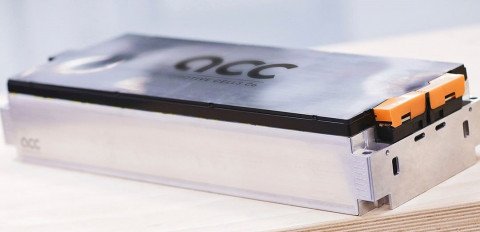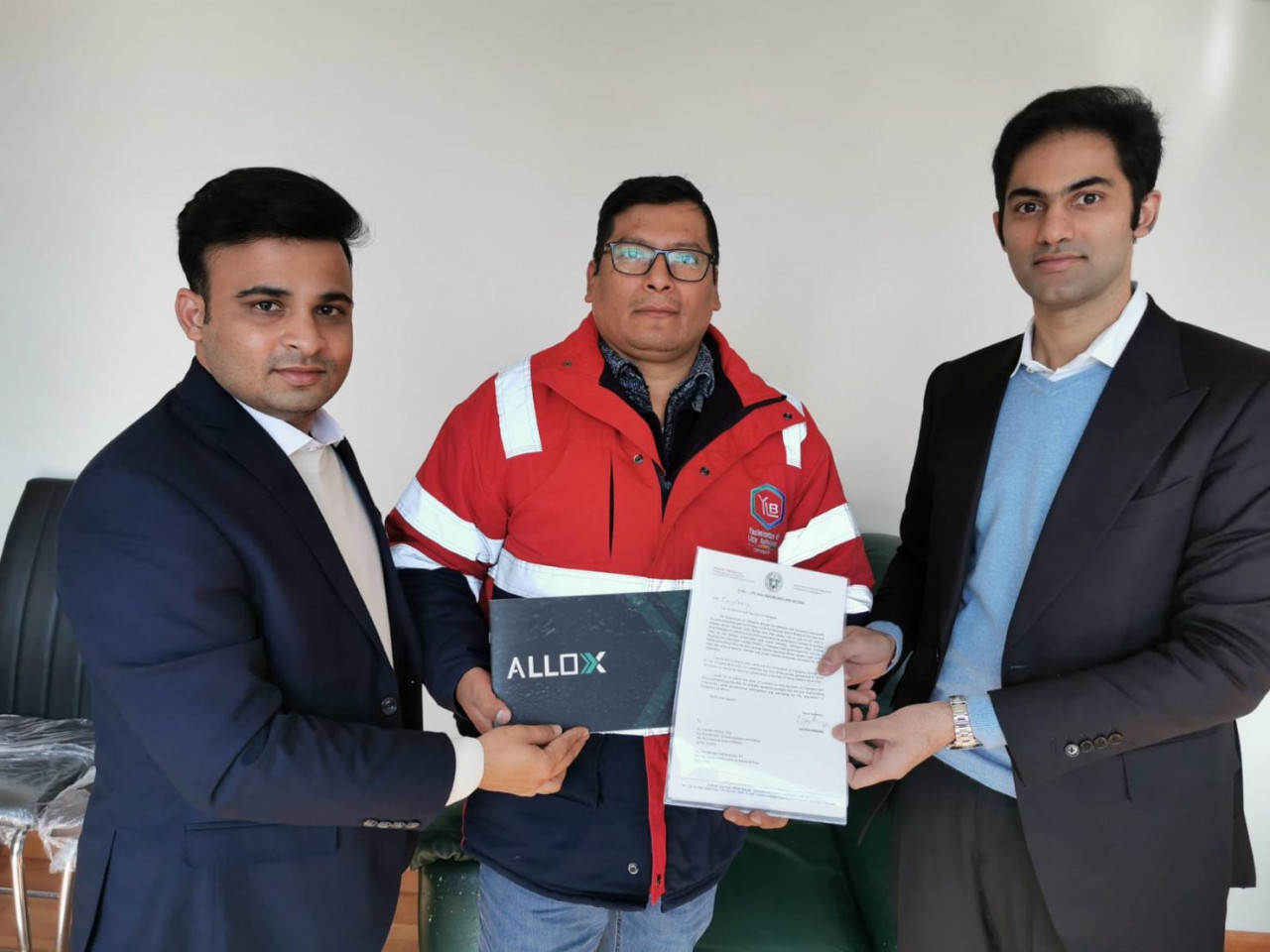Umicore sets up prototyping center for solid-state battery in Belgium
Battery materials firm Umicore has recently opened a solid-state battery material prototyping facilities in Olen, Belgium. The company claims that the center is one of the world's largest and most advanced, which will expand and accelerate innovation and technology development in the field of solid-state battery technology.
Given that the solid state batteries are expected to be the next big thing in the battery space especially for e-mobility applications, Umicore's believes that the prototyping facility will complement the company's existing portfolio of battery materials technologies.
The 600 m² facility with state-of-the-art installations and equipment supports the full chain of solid-state battery development, right from the formulation of the materials, their characterization and production, to battery cell assembly and subsequent testing on battery level, the company claims.
RELATED: Umicore advances High Lithium Manganese-rich CAM for EV battery
With this complete approach it is possible to develop new material categories, including catholytes, which combine cathode active materials and solid electrolytes, Umicore adds.
Mathias Miedreich, CEO of Umicore, commented on the development, "Umicore's unique prototyping center will further scale up and advance our innovation and technology leadership in solid-state battery chemistries which we've been developing since 2017 with multiple key patents".
"We are committed to our frontrunner position in the cathode materials industry, and this new facility is a critical step in strengthening our leadership even further, increasing our capacity for prototyping and with that our ability to support our customers by a factor of more than 10", he added.
The company claims that developing solid-state batteries involves materials that are extremely sensitive to moisture and therefore require specialized infrastructures, including exceptionally dry air. Humidity levels inside Umicore's laboratory are at less than 0.1 percent, as each hour 200,000m3 of dry air is blown through the facilities.
Such dry air is essential for the accurate testing, analysis, and development of this next generation of cathode active materials. Conducting R&D inside such dry conditions allows Umicore to optimize and conserve its resources, it adds.
The ultra-dry air preserves the stability of battery materials and extends their lifespan, thereby reducing frequent material replacements. Instead of having to work within the confines of isolated glove boxes, researchers can manipulate products more freely in a larger, open area, according to Umicore.
RELATED: Basquevolt solid-state battery initiative targets 10GWh production by 2027
At present, Umicore's battery materials technology portfolio consists of mid-to-high nickel NMC (nickel, manganese, cobalt) technologies, near-term manganese-rich HLM (high lithium, manganese) technologies and future Na-ion (sodium-ion) cathodes and solid-state battery technologies.
Solid-state batteries are the next-generation batteries with performance improvements on several fronts, Umicore opines. Their higher energy density will increase the driving range of electric vehicles and allow for their faster charging.
The replacement of today's liquid electrolyte with a solid one will enhance the safety and lifespan of rechargeable batteries, reduce their size, weight and ultimately, cost, according to experts.



















